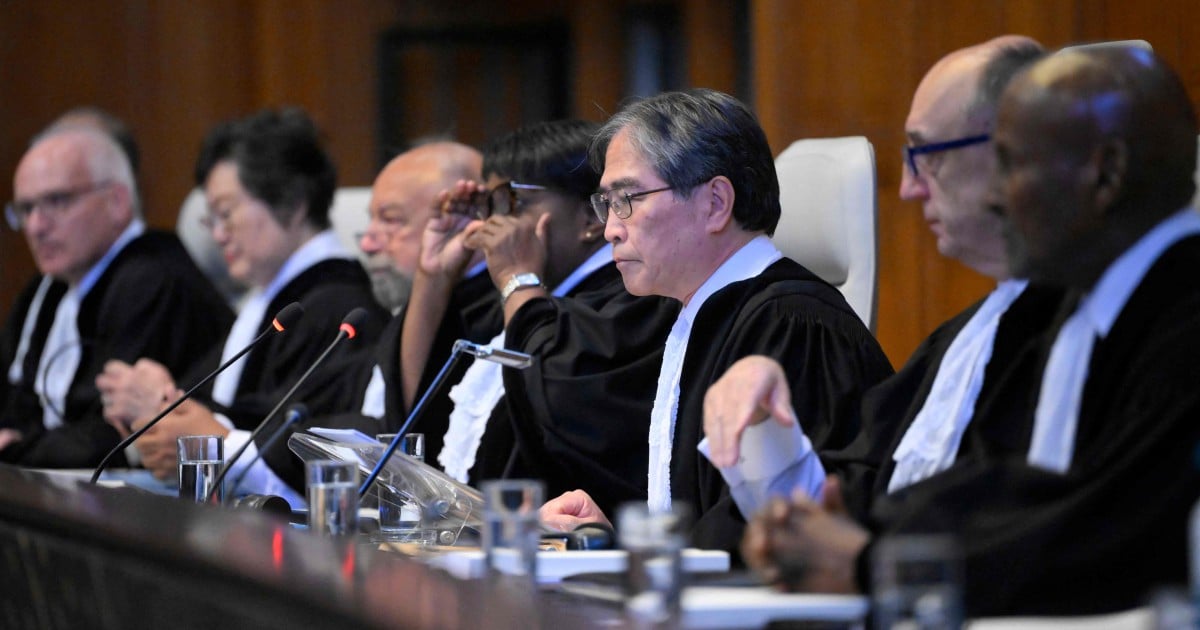LETTERS: The International Court of Justice (ICJ) has sent a strong message to the world: taking serious action on climate change is not just a good idea — it is a legal duty.
In a landmark advisory opinion released on July 23, the ICJ confirmed that countries have clear obligations under international law to protect people and the planet from the impacts of climate change.
While not legally binding, this determination by the Court carries weight. It will shape how governments, investors, companies and courts understand their responsibilities.
And it puts Malaysia — as both a fossil-fuel-producing nation and a regional leader — under the spotlight. A critical element of the advisory opinion is its link between climate and human rights.
“The full enjoyment of human rights cannot be ensured without the protection of the climate system,” the Court said. In simple terms: we cannot live safe, healthy lives without a healthy environment.
In Malaysia, we are already feeling the consequences of inaction. Floods are worsening. Heatwaves are more frequent. Haze disrupts daily life and harms health, especially for children.
These aren’t future threats — they are here, and the most vulnerable are hit first.
So, what now? First, accelerate the energy transition. The government must end fossil fuel subsidies and redirect that money into renewable energy, public transport and support for workers in high-carbon industries.
The transition must also be just — rural and lower-income communities need to benefit, not be left behind.
According to the World Bank, Malaysia spent RM52 billion on blanket fossil fuel subsidies in 2022.
Redirected to clean energy, that could fund 15 to 17 gigawatts of solar power — enough for over five million homes — or build thousands of megawatts of grid-scale battery storage to stabilise a renewables-powered grid.
It could electrify rural areas, support transition funds for oil and gas workers, and modernise the national grid to meet future demand. In short, RM52 billion could kickstart a job-creating, emissions-cutting energy revolution.
Second, regulate polluters. Companies must be held accountable for their emissions. Voluntary commitments and ESG talk are not enough. The ICJ has affirmed that governments must act to uphold their international legal obligations.
And citizens, media and civil society must hold both government and business to account.
Third, lead in Asean and beyond. Malaysia has a chance to shape regional climate action. We should push for shared rules across Southeast Asia on climate ambition, just transition, and environmental safeguards.
The Asean 2045 Vision barely addresses climate change or fossil fuel dependency. That must change.
If Asean is truly “people-centred”, its vision must reflect a serious commitment to protecting its citizens — especially those most vulnerable to climate impacts.
The ICJ advisory opinion gives the world a powerful tool to push for stronger, fairer climate action backed by international law.
TAN SRI JEMILAH MAHMOOD
Executive Director
Sunway Centre for Planetary Health
Sunway University, Malaysia
© New Straits Times Press (M) Bhd





